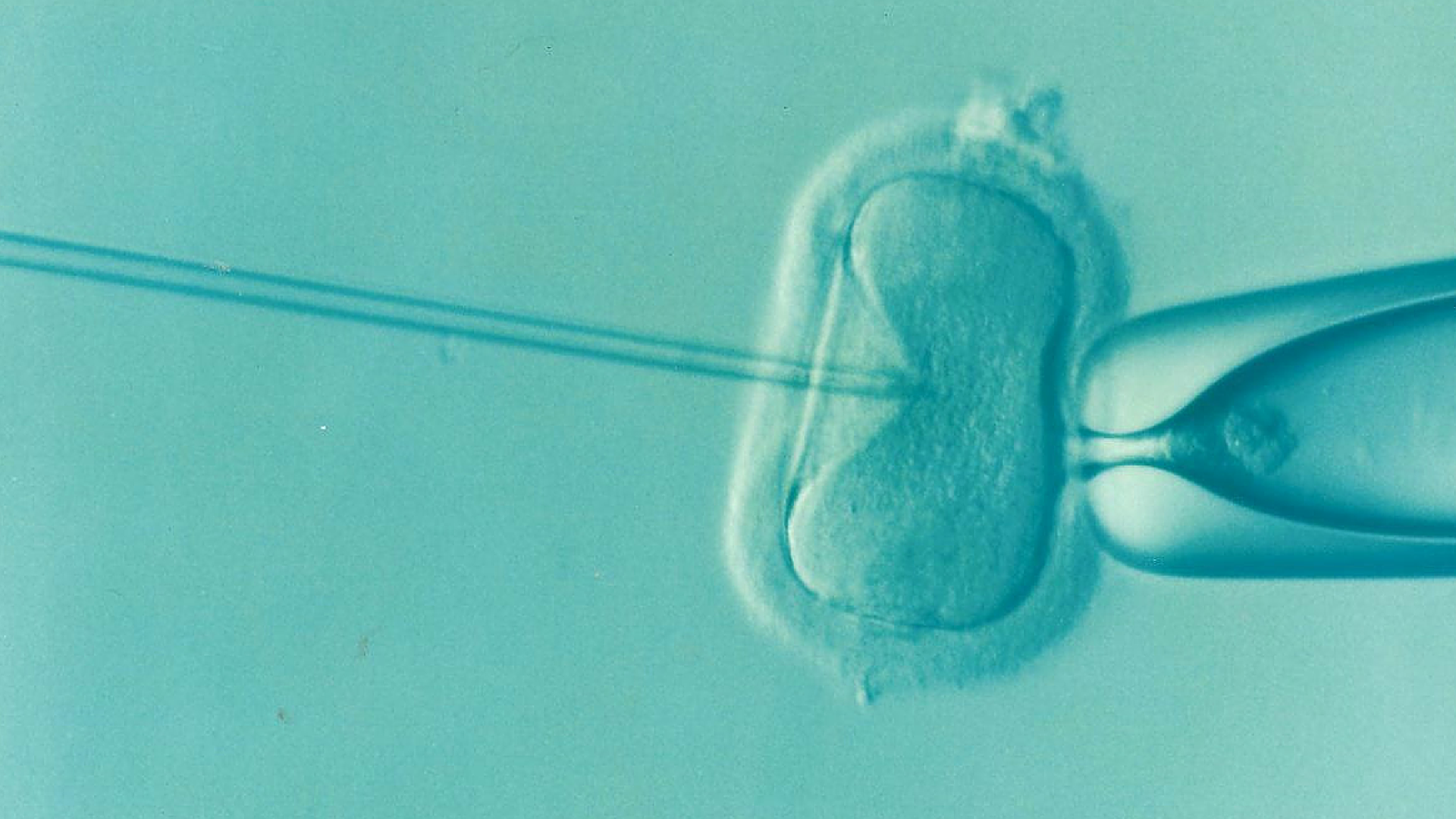Fertility journeys are as unique as the individuals embarking on them, and each path to parenthood, especially when involving In Vitro Fertilization (IVF), presents its own set of challenges and triumphs. Longevity Live Paid Content.
The Science Behind IVF
IVF, a process where an egg is combined with sperm outside the body in a laboratory, has revolutionized fertility treatment since its inception. However, it’s not as simple as mixing two elements and hoping for the best. IVF involves multiple stages, each one demanding its unique set of emotional, physical, and financial resources.
One aspect that can enhance this journey is proper nutrition, and more specifically, the inclusion of nutritional supplements from trusted brands like Seeking Health UK. But what role do these supplements play in the IVF journey? Let’s dive in.
How Nutrition Impacts Fertility
Your diet plays a crucial role in your overall health, and that includes your reproductive health. Proper nutrition can support ovulation and sperm production, optimize hormone levels, and promote overall reproductive health and cellular functions central to fertility.
- Hormonal Balance and Diet: Dietary choices can impact reproductive hormones. For instance, diets heavy in refined sugars may spike insulin levels, disrupting other key reproductive hormones. Essential fatty acids, on the other hand, support the regulation of menstrual cycles.
- Ovulation and Nutrients: Regular ovulation is essential for female fertility. Nutrients like vitamin D can influence ovulatory regularity, while antioxidants like coenzyme Q10 can boost egg quality.
- Nutrition’s Effect on Sperm: For men, sperm health is crucial. Nutrients like zinc, selenium, and folic acid promote healthy sperm production, whereas deficiencies can reduce sperm count and quality.
- Gut Health and Inflammation: A balanced diet supporting gut health can regulate body inflammation. Chronic inflammation, influenced by dietary choices, may negatively impact reproductive health.
Nutritional Supplements for IVF: A Deeper Look
IVF is a complex process, and optimal outcomes often hinge on a myriad of factors, one of which is nutrition. As the understanding of fertility and conception deepens, there’s a growing interest in how nutritional supplements can potentially boost IVF success rates.
While these supplements show promise, it’s imperative to remember that they don’t guarantee IVF success. It’s always best to consult with a healthcare provider before introducing any new supplements to your regimen, especially during an IVF journey.
Let’s delve into some supplements that have come under the spotlight.
Folic Acid
Why it’s important: Folic acid is a B vitamin renowned for its role in preventing birth defects in the baby’s brain and spine. For those undergoing IVF, adequate folic acid intake may enhance the quality of the egg and support embryo quality.
Coenzyme Q10 (CoQ10)
Why it’s important: CoQ10 acts as an antioxidant, guarding cells from damage. For women, particularly those of advanced reproductive age, CoQ10 supplementation might improve egg quality and ovarian response during IVF.
Omega-3 Fatty Acids
Why it’s important: Found primarily in fatty fish, flaxseeds, and walnuts, omega-3s are crucial for regulating inflammation in the body. There’s evidence to suggest that these fatty acids can improve endometrial lining, making it more conducive for embryo implantation.
Vitamin D
Why it’s important: Vitamin D plays a role in reproductive health, with deficiency linked to poorer IVF outcomes. Ensuring adequate levels can support embryo implantation and overall reproductive health.
Zinc
Why it’s important: For men, zinc is vital for sperm health, influencing sperm motility and morphology. Adequate zinc levels can enhance the quality of sperm used in IVF procedures.
Inositol
Why it’s important: Often recommended for women with polycystic ovary syndrome (PCOS), inositol can regulate insulin and improve ovarian function, potentially boosting IVF outcomes.
Antioxidants
Why they’re important: Compounds like vitamin C, vitamin E, and selenium act as antioxidants, combating oxidative stress in reproductive organs. This can lead to improved egg and sperm quality, both crucial for IVF success.
Conclusion
The IVF journey can be demanding, but nutritional supplements from retailers like Proactive Healthcare may help enhance the experience. By filling in dietary gaps and potentially improving IVF outcomes, these supplements could prove a valuable ally. Still, it’s essential to approach this avenue with a balanced perspective and under the guidance of a healthcare professional.
Before starting any supplement regimen, it’s essential to consult your healthcare provider. They can provide personalized advice based on your unique health history and fertility journey.
Frequently Asked Questions
Can I rely on a balanced diet instead of supplements during my IVF journey?
A balanced diet is crucial, but in some cases, supplements can help to fill gaps in nutritional intake.
Is it necessary to take nutritional supplements throughout the entire IVF process?
It depends on individual nutritional needs and the advice of your healthcare provider.
Can both partners take nutritional supplements during IVF treatment?
Yes, it’s not only women who can benefit from nutritional supplements. Certain nutrients like antioxidants, zinc, and vitamin D can improve sperm health and thus, potentially, IVF success rates. However, it’s always important to consult a healthcare provider before starting any supplement regimen.
Should I continue taking nutritional supplements after a successful IVF procedure?
Many nutritional supplements are beneficial throughout pregnancy and even during breastfeeding. For instance, folate is important not only for conception but also for preventing birth defects. It’s best to discuss with your healthcare provider which supplements to continue and at what dosage.
How long before the IVF procedure should I start taking supplements?
It can vary depending on the specific supplement, but generally speaking, starting about three months before the IVF procedure can allow enough time for the body to optimally use the nutrients. However, individual circumstances can vary, so it’s essential to consult your healthcare provider.
Who is the author?

Sarah Gibson
Sarah Gibson is an integral part of the Proactive Healthcare team, with a focus on customer satisfaction and curating a selection of the finest brands the company offers.
A passionate advocate for health and wellness, Sarah’s expertise in supplements enables her to provide valuable insights. Her dedication to enhancing the customer journey and her strategic approach to brand selection have significantly contributed to the company’s reputation as a leader in the health supplement industry.





![women [longevity live]](https://longevitylive.com/wp-content/uploads/2020/01/photo-of-women-walking-down-the-street-1116984-100x100.jpg)










